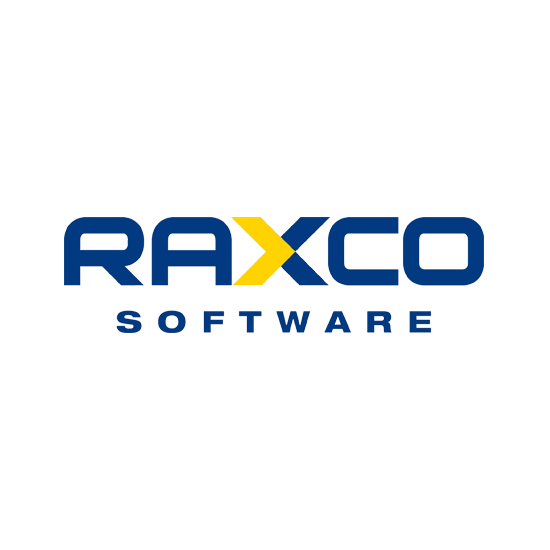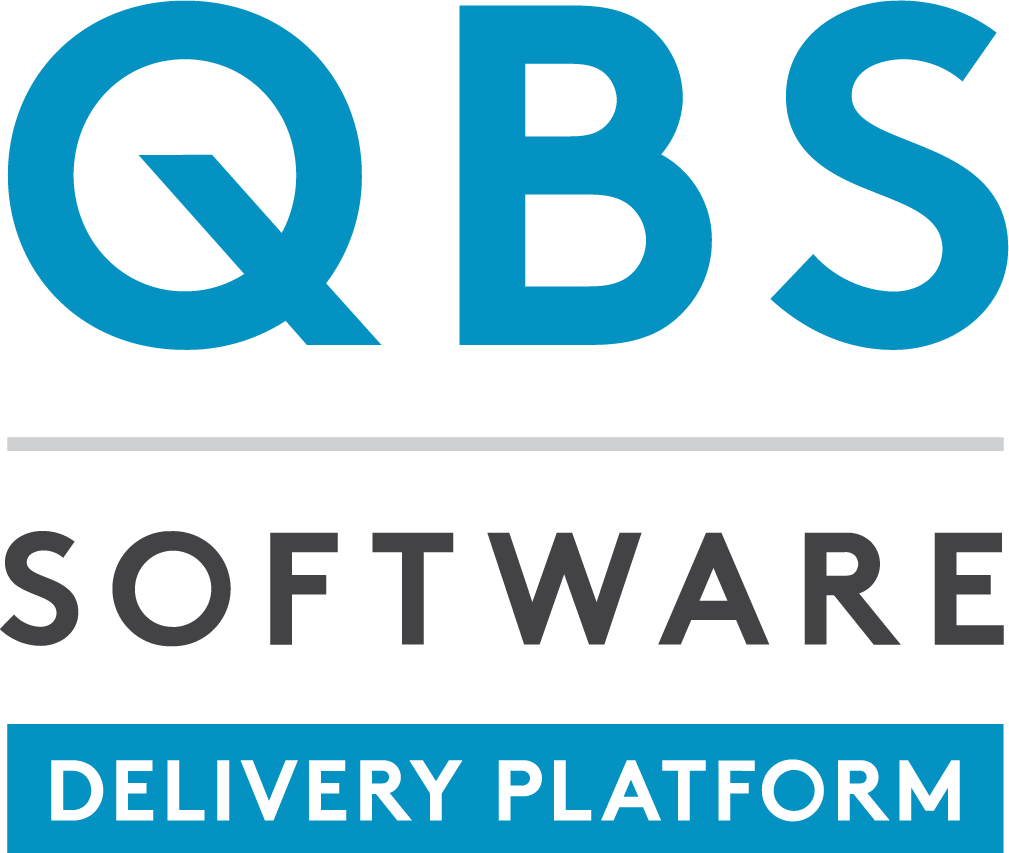
Need more information on this product?
Please contact us on +44 (0)20 8733 7100 or via our online form.
If you are not currently a customer, you can apply for an account.
Disk defragmentation product that improves server performance. Restore performance on large servers using automatic background defragmentation and customisable scheduling options and reclaim and consolidate available space.
PerfectDisk Server is a disk defragmentation product that improves server performance. Restore performance on large servers using automatic background defragmentation and customisable scheduling options. Reclaim and consolidate available space and use boot time system file defragmentation. PerfectDisk Server is Microsoft certified for Server 2008 R2 and integrates with PerfectDisk Enterprise Console.
PerfectDisk Server benefits:
- Up to 20% faster HDD and SSD optimisation
- Optimise Windows Server 2012 R2
- Increased flexibility in customisable scheduling
- Enhanced SSD reporting and recommendations
- Optimise server performance & reduce backup times
- Extend system life and reduce hardware costsOptiWrite for fragmentation prevention
- Zero-fill feature to reclaim space
- Includes PerfectDisk Enterprise Console
PerfectDisk Server - Features
Current Features
- Centralised Management and Control: Enterprise management of the PerfectDisk disk defragmentation software is provided by the free PerfectDisk Enterprise Console.
- Fragmentation Prevention with OptiWrite: PerfectDisk's OptiWrite technology prevents most fragmentation on your drive before it occurs, which prevents your system from slowing down. OptiWrite detects when Windows is going to fragment files and intelligently redirects I/O to stop the fragmentation from occurring.
- Space Management: PerfectDisk's new Space Management recovers disk space by detecting and removing duplicate files such as text documents, pictures, music, and videos.
- P2P Remote Capability: Take control of any client running on a remote computer with the power to access features normally only accessible via a local client.
- Automating Defragmentation - Flexible Unattended Operation: PerfectDisks exclusive StealthPatrol tab is used to set automatic fragmentation prevention and optimize your system when it isn't busy.
- Intelligent Disk Optimisation: For the limited fragmentation that can still occur, PerfectDisk's patented SMARTPlacement optimization strategy optimises disk drives according to your unique usage patterns.
- Total disk defragmentation and free space consolidation: PerfectDisk offers the most comprehensive solution for defragmentation by optimising virtually every file on the system, including the Master File Table (MFT), all NTFS metadata files, paging files, directories, and datafiles, and completely consolidating free space.
- Standard Multi-Gigabyte and Multi-Terabyte Drive Support: PerfectDisk defragments the very largest disk drives that are prevalent in today's operating environments - drives that range from several hundred gigabytes to several terabytes.
- S.M.A.R.T. Monitoring: New S.M.A.R.T. monitoring capabilities monitor the status of physical drives. It generates warnings and alerts for hardware performance and reliability, helping you ensure you are aware of any potential hardware problems.
- CPU and I/O - Control Resource Throttling: Perfectdisk provides resource throttling capabilities to manage resource usage as efficiently as possible. I/O throttling allows PerfectDisk to run on very busy disks without imposing additional load on the disk.
- Advanced Boot Time Defrag: PerfectDisk's advanced boot time defrag capability is able to defragment files that otherwise would remain fragmented such as the Windows pagefile.sys or the file system's MFT (Master File Table) and provides the best boot time defrag operation.
PerfectDisk Server - System Requirements
Operating Systems
- Windows Server 2012
- Windows Server 2012 R2
- Windows Server 2008
- Windows Server 2008 R2
(includes both x86 and x64) - Windows Server 2003 SP1 or higher
(includes both x86 and x64)

